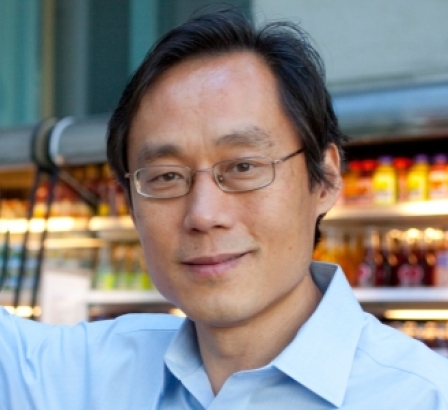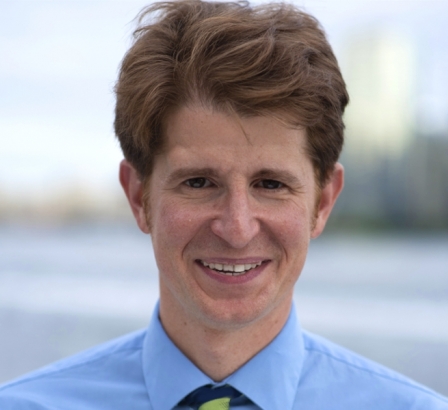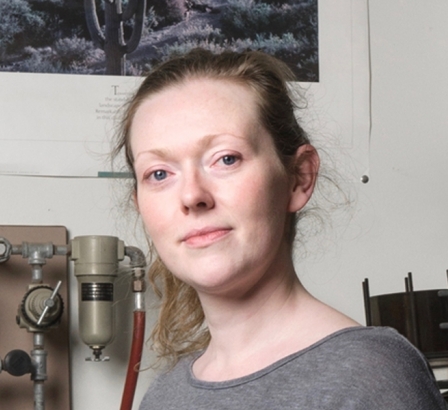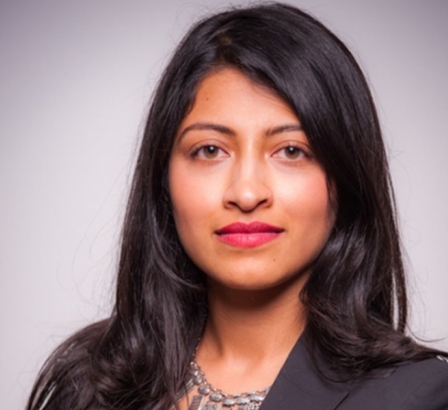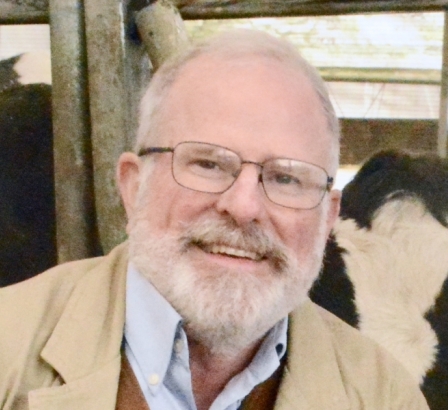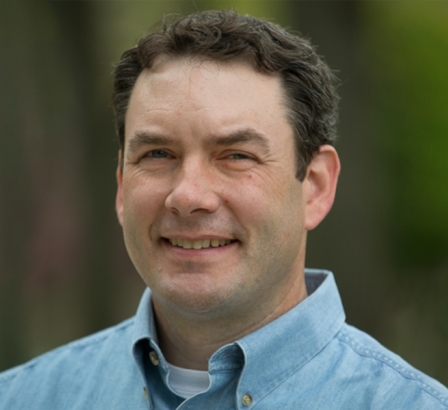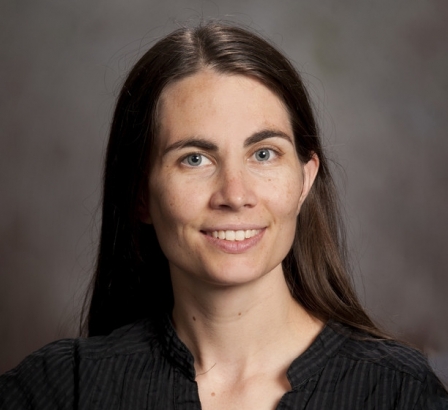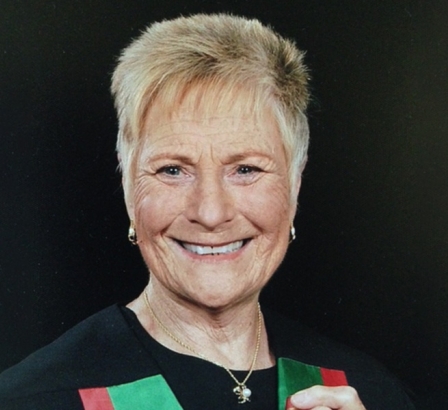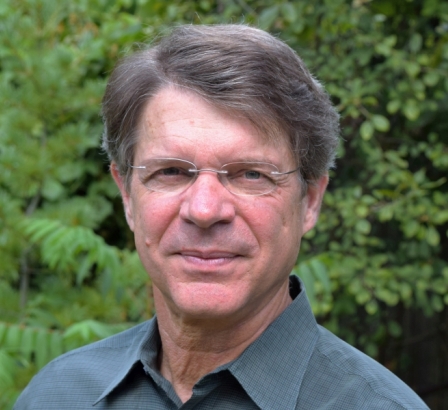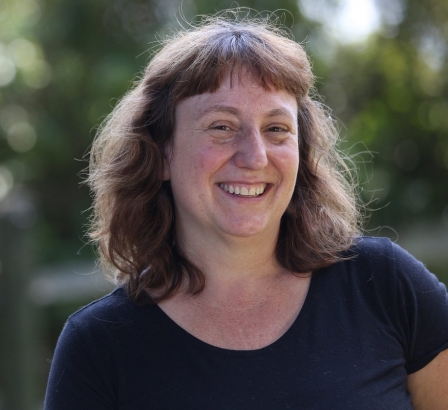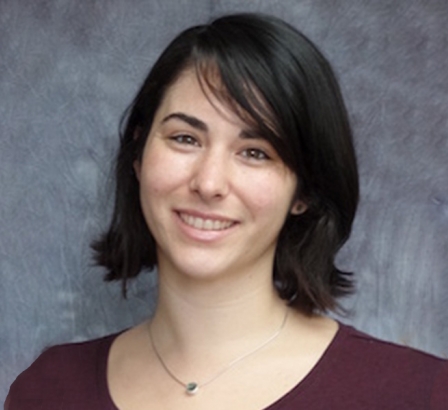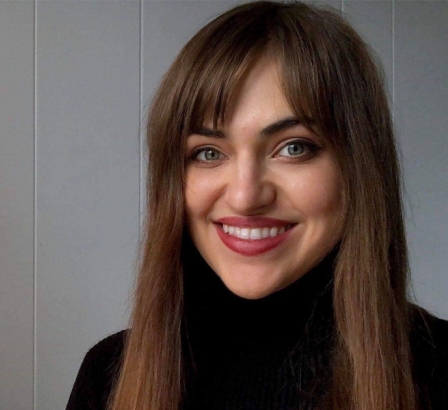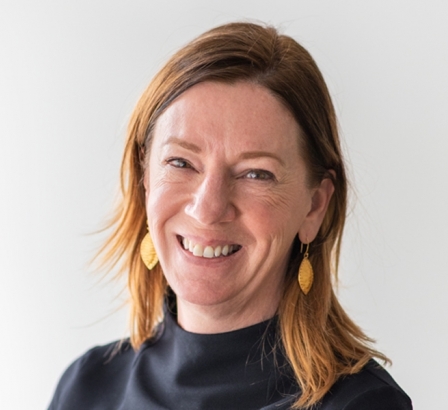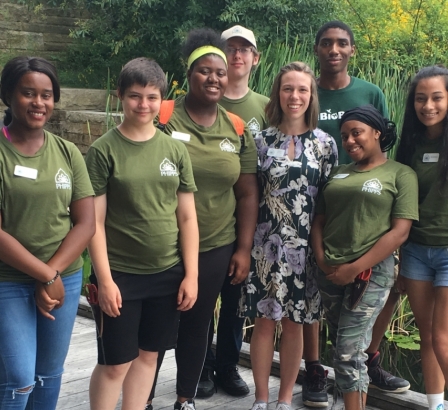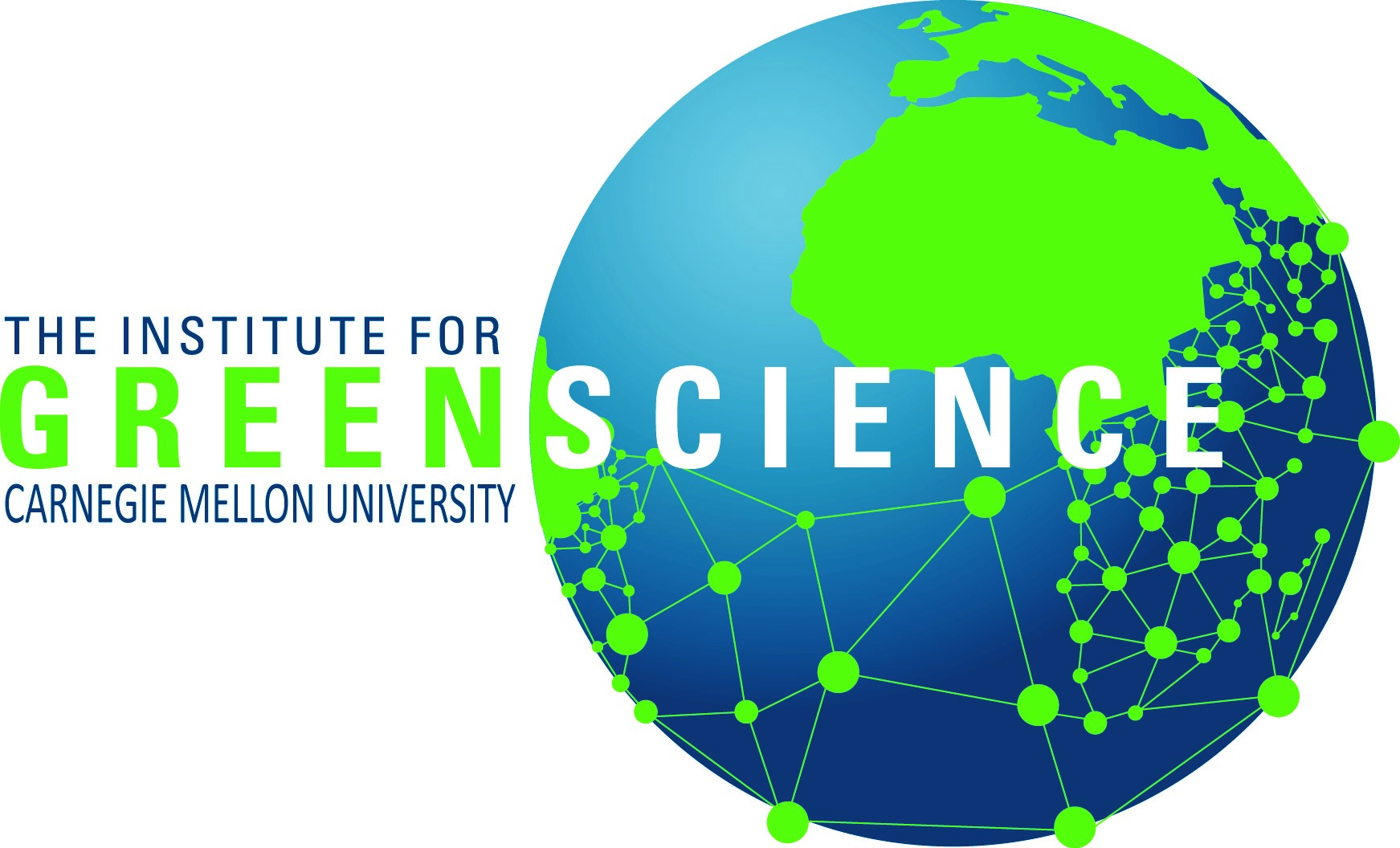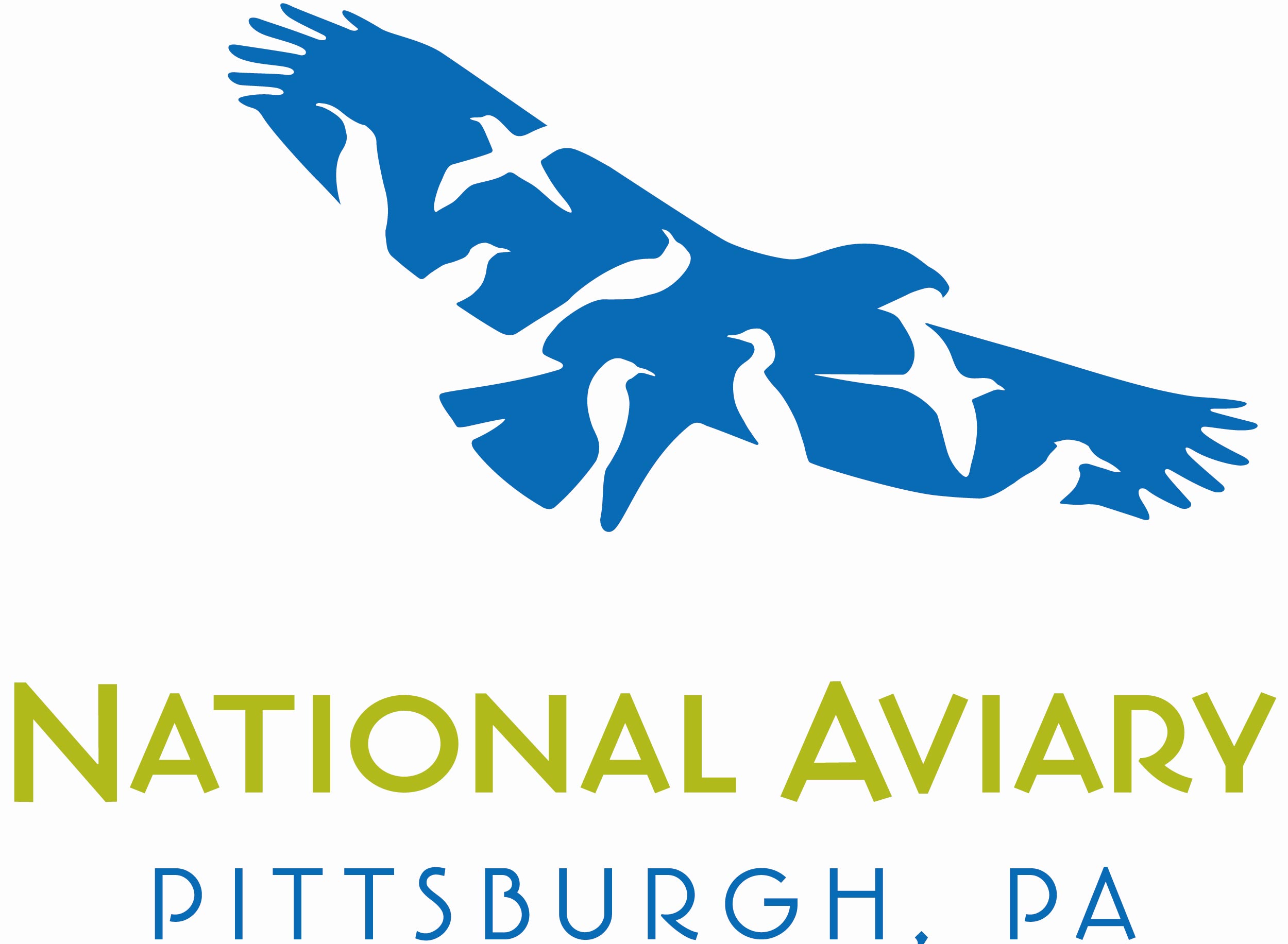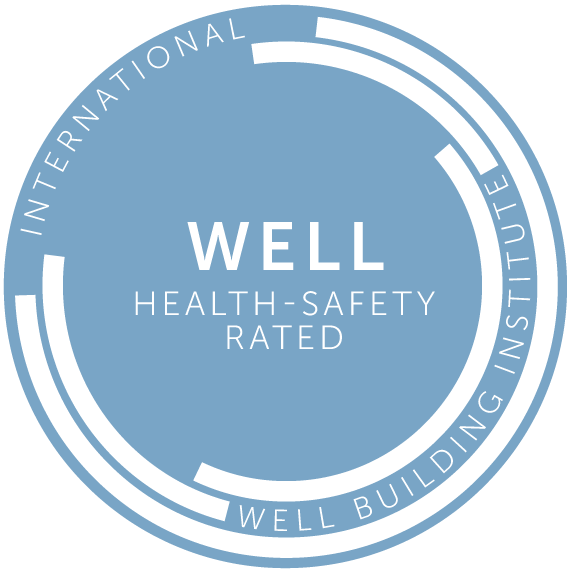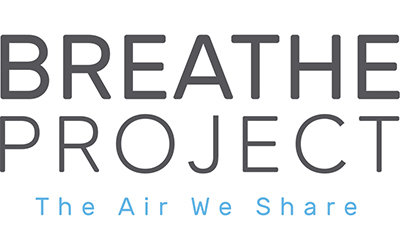One Health One Planet™ 2019
On March 13 – 14, 2019 the third-annual One Health One Planet symposium united thought leaders across disciplines to discuss One Health and the Future of Food, sharing groundbreaking new insights on the human, animal and ecological impacts of food and diet, including large-scale agriculture, plant-based diets and diet trends, antibiotics and pesticides in foods and more.
In this online resource, the One Health One Planet contributors present video, written summaries and more to take you inside this important gathering and invite you to join the conversation on these vital issues. Watch our overview video to get started.
Overview Video:
How to Use This Resource:
The One Health One Planet symposium was structured in five sessions, each with its own set of presentations. In this resource, you'll find each session represented by an overview video along with written summaries, video and supplementary resources (including research reports, presentation slides and related multimedia) for each presentation.
Session 1: Direct Impacts of Diets on Health
Overview Video:
In an opening keynote by Dr. Frank B. Hu and the subsequent first session of the symposium, professionals in human and veterinary health science, healthcare and other fields each observe dietary and planetary health issues through a unique lens.
The Presentations:
Optimal Nutrition for Personal, Population and Planetary Health
Healthy Eating to Prevent, Treat and Reverse Chronic Disease: What Should We Be Telling our Patients?
The Evolving Human-Animal Bond: One Health Implications
Leveraging the Built Environment to Advance Dietary and Planetary Health
Panel Discussion:
Session 2: Indirect Impacts of Our Diets on Human and Environmental Health
Overview Video:
In this session, speakers from NYU School of Medicine, Academy of Nutrition and Dietetics and Pennsylvania State University discuss the wide range of health impacts our diets have — including obesity, antibiotic resistance, malnourishment and disease — and propose new programmatic models and standards to address these issues.
The Presentations:
Food Contaminants and Additives: Emerging Concerns and Opportunities for Behavioral and Policy Intervention
Overweight and Undernourished: What Does Nutrient Density Have to Do With It?
Antibiotics and Antibiotic Resistance in the Environment: A One Health Perspective
Panel Discussion:
Session 3: Effects of Human Diets on Environmental Processes
Overview Video:
In this session, speakers in fields including agroecology, ethnobotany, biology and medicine discuss the side effects of human dietary trends on the environment, including GMOs, sustainable diets and antimicrobial resistance.
The Presentations:
The Food Environment Transition Towards Sustainable Diets
Geneticallly Modified Organisms: Facts, Fiction and Fantasy
One Health and the Control and Prevention of Antimicrobial Resistance: Perspectives from Human Medicine
Panel Discussion:
Session 4: Agricultural Impacts on Climate Change and the Environment
Overview Video:
The environmental challenges posed by modern agriculture provide the topic for this session, in which experts in animal health economics, land management and watersheds discuss new models to address environmental health in our farm systems.
The Presentations:
The U.S. Dairy Industry: A Model of Efficiency?
Collaborative Community Engagement Strategies to Achieve Healthy Watersheds
Industrial Agriculture: Environmental Impacts and Implications for Our Health
Panel Discussion:
Session 5: Future Food Trends that Embrace One Health Solutions
Overview Video:
The symposium concludes with hopeful projections for the future of food, as discussed by experts from University of Arizona, the International Living Future Institute, Chatham University and Johns Hopkins Berman Institute of Bioethics.
The Presentations:
Call to Action: Creating Future One Health Collaborators in Food Systems
The Living Food Challenge
Moving Targets: The Future of Food, Agriculture and People
Towards a “Great Food Transformation”: Equity, Values and the Future of Food
Panel Discussion:
Lightning Talks
This year's symposium featured a special series five-minute lightning talks in which local Pittsburgh leaders in food security and related disciplines discussed their important work in the community.
Program Coordinator, Let's Move Pittsburgh
Founder and Managing Director, Black Urban Gardeners and Farmers of Pittsburgh Co-Op
General Manager, Rivendale Farms
Board Member, OMA Center for Mind, Body and Spirit
High School Interns, Phipps Conservatory and Botanical Gardens
Steering Committee Member, Slow Food Pittsburgh
Associate Director of Adult Education and Community Outreach, Phipps Conservatory and Botanical Gardens
Program Director, Special Programs and Projects, 412 Food Rescue
Additional Resources
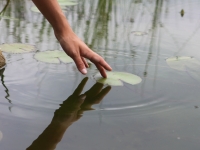
Past Symposia
Explore materials from our previous symposia at the links below:
One Health One Planet™ 2018: Chemicals of Concern in the Environment

The Story of One Health One Planet
Watch our series of videos for an introduction and summary of the One Health One Planet movement.
Join the Movement!
Stay informed on upcoming One Health One Planet initiative events:
The Phipps Research Institute for Biophilia and Science Engagement acknowledges the connection between human and environmental health. The institute studies the built and natural environments and their intersection with human health and wellness.
Questions? Contact Dr. Sarah States at sstates@phipps.conservatory.org.
Sponsored in Part by
An Anonymous Family Foundation
Presented in Partnership with
